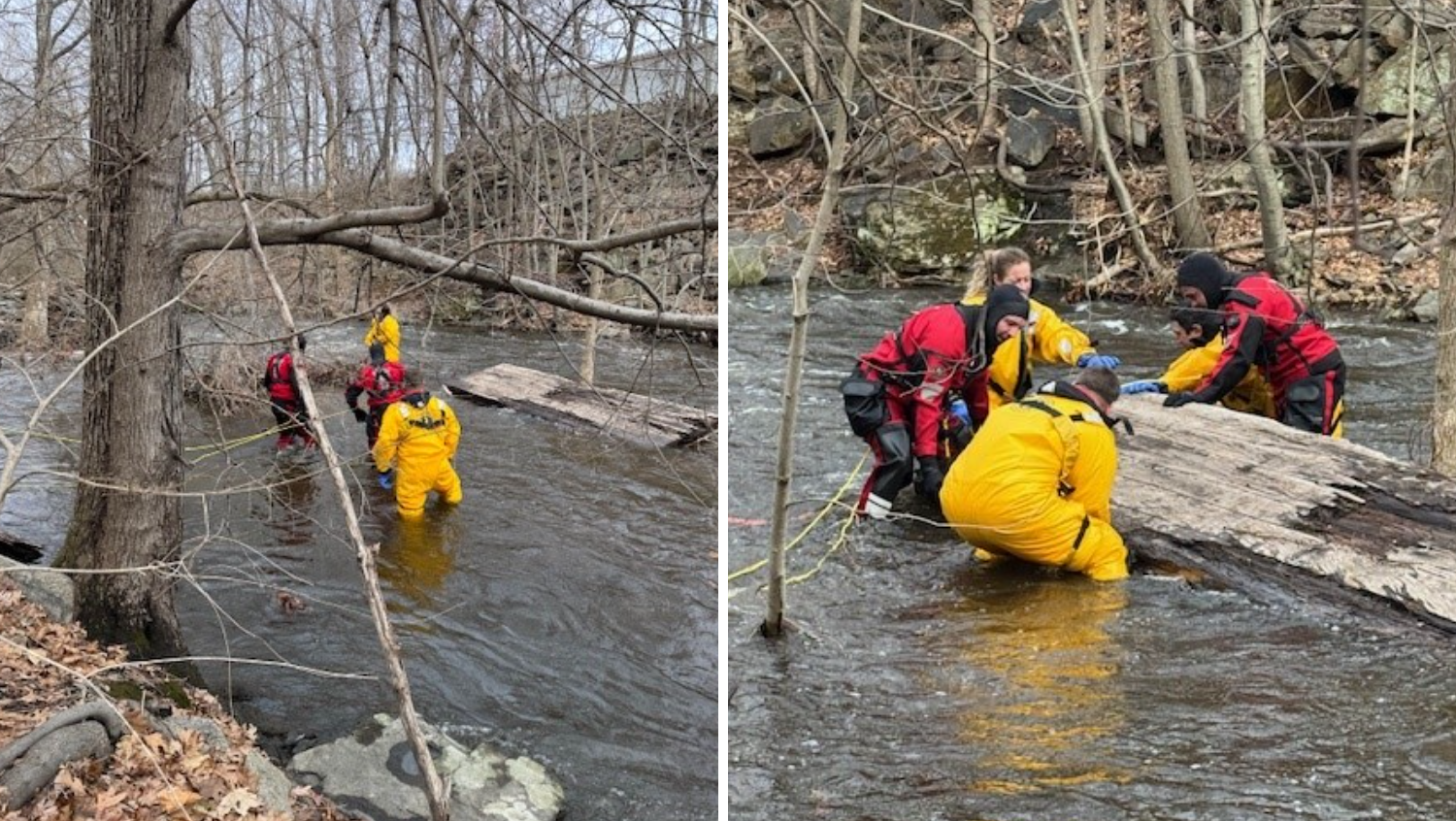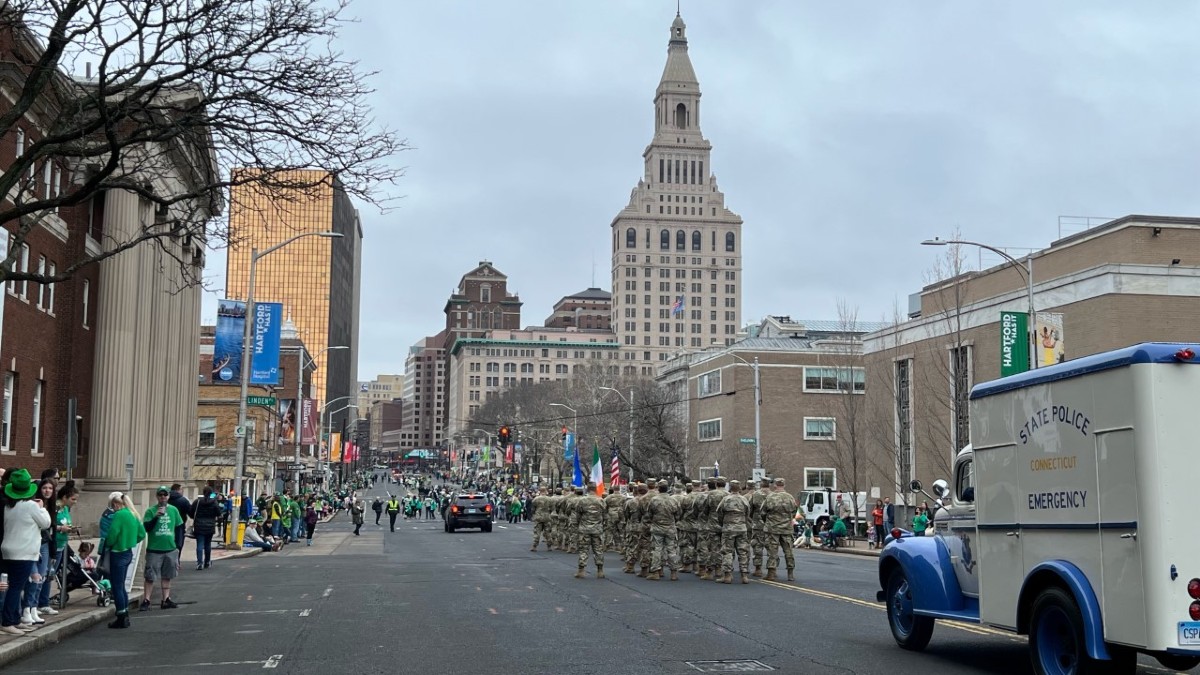Mold, roaches, even mice plagued the federally subsidized Thames River Apartments on Crystal Avenue in New London.
Now the water and the lights are shut off, the doors are padlocked and there are plans to board up the second-floor windows. No one lives in the 124-unit high rises anymore.
“It’s mommy. It’s mommy. See, you’ve calmed down now because you know it’s mommy,” Patricia Liston crooned at her cat Monday.
After 16 years of living in Thames River, Liston moved out. But her three cats didn’t want to.
Work being done on her toilet left a little hole left in her bathroom wall – which was only made bigger by the cats, so they could trap mice in the building.
“We were moving so the cats ran into the hole because they were so scared. There were too many people in the house,” Liston said.
Already she’s recovered two. One more is still missing. Animal control has been involved and housing staff has put out food and water.
Local
Liston will miss the community but admits the building itself had its fair share of problems.
“Sometimes we didn’t have hot water, sometimes in the wintertime we didn’t have heat. It was wild. But we had a whole family that helped each other.”
Now those 117 families are relocated with Section 8 vouchers. Rent will still be around 30 percent of tenants’ incomes.
“Great for the residents to be in a more clean, safe and sanitary home,” said Kolisha Fiore, New London Housing Authority’s executive director.
Fiore said 72 families stayed in New London, a couple dozen went to Norwich, a few even went out of state, including Puerto Rico.
Two families are still in a hotel, however. They were evacuated out of their apartments after a water leak from a vacant apartment on the seventh floor dripped down to the first floor and sparked a fire alarm panel, setting a fire.
“I don’t think we were ever really proud of the quality of life the residents were provided here. They had a good community, some great people but the money was never sufficient,” said Mayor Michael Passero.
The building’s fate is demolition. Passero said the site will be sold to the city for around $180,000. That’s the price after subtracting around $1 million for the demolition and remediation costs.
The property has become valuable for commercial or industrial use associated with the State Pier, Passero said. But it’s too early to tell what it will be used for.



